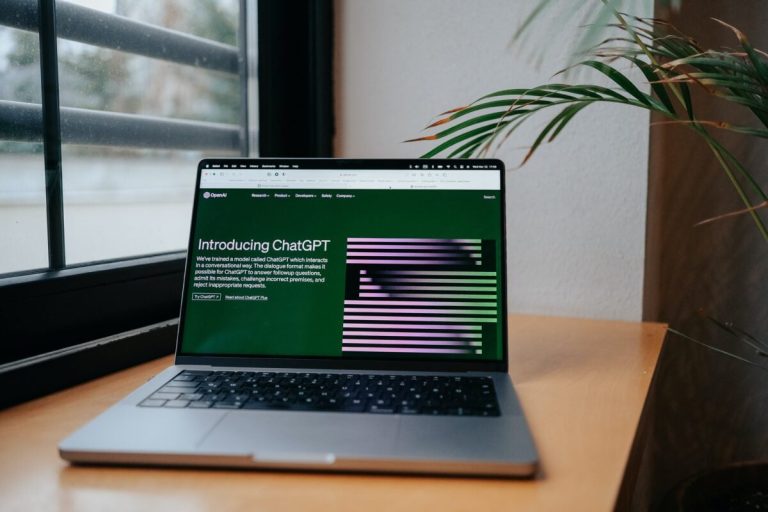quick look
- Elon Musk has announced that his artificial intelligence startup xAI will open source its ChatGPT competitor, “Grok.”
- Musk has filed a lawsuit against OpenAI, alleging a shift from non-profit ideals to profit-driven motives.
- xAI's move to open source Grok puts it alongside Meta and Mistral, enhancing innovation and accessibility.
- Concerns are arising about the potential for misuse of open source AI, highlighting the need for oversight.
- Musk advocates “maximum truth-seeking AI” as a counter to mainstream AI development strategies.
Elon Musk, once a provocateur in the tech world, has announced an ambitious move for his artificial intelligence startup, xAI. Hence, through open source “Grok”, xAI’s answer to that ChatGPT, Musk challenges the status quo and reignites the debate on the ethics of AI development. The bold move, expected to happen this week, comes amid a legal battle with OpenAI, which Musk accuses of betraying its founding spirit for the sake of profit.
Furthermore, the shift towards open source is important, allowing for unprecedented transparency and collaboration in the field of AI. Likewise, companies like Meta and Mistral have embarked on this path, each releasing their own AI models publicly available. Therefore, this strategy promotes innovation and democratizes access to cutting-edge technology, enabling developers around the world to contribute to and improve these tools.
Musk sues OpenAI: profit shifting dispute
Musk's lawsuit against OpenAI highlights a deeper narrative of disillusionment with the organization he helped found. According to Musk, OpenAI's shift toward a for-profit model is a departure from its original mission. The legal dispute has highlighted internal communications indicating Musk's past support for merging OpenAI with Tesla, with the aim of harnessing artificial intelligence for financial gain. However, Musk's endorsement of open source AI signals a strategic departure from these previous considerations, focusing instead on ethical development and accessibility.
The lawsuit and Musk's comments have sparked a broader discussion among technology investors and developers regarding the implications of open source AI. While the initiative promises to accelerate innovation, it also raises concerns about the potential for misuse, with experts warning that open source AI could be exploited for nefarious purposes, including terrorism and the development of uncontrollable super-intelligences.
Musk's AI: Groundbreaking Ethical AI Future
Musk's vision for AI goes beyond legal battles and open source initiatives. At the core of xAI's mission is to create “maximum truth-seeking AI.” Musk sees this as crucial to dealing with the complex ethical landscape of artificial intelligence. Furthermore, this vision was highlighted at the AI Safety Summit held in Britain. There, Musk called for the creation of a third-party body. This body will oversee the development of artificial intelligence. Hence, it will ensure that companies operate within ethical boundaries and prioritize safety.
Furthermore, in championing open source AI through Grok, Musk is offering an alternative to entities like OpenAI and Google. Additionally, it challenges the status quo for the future of ethical AI development. While the AI community anticipates Grok's release, the implications of this initiative are significant. They are expected to influence innovation, collaboration and ethical oversight in the field of artificial intelligence. Ultimately, this could reshape the AI landscape as we know it.

